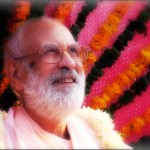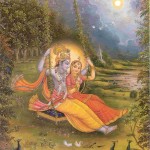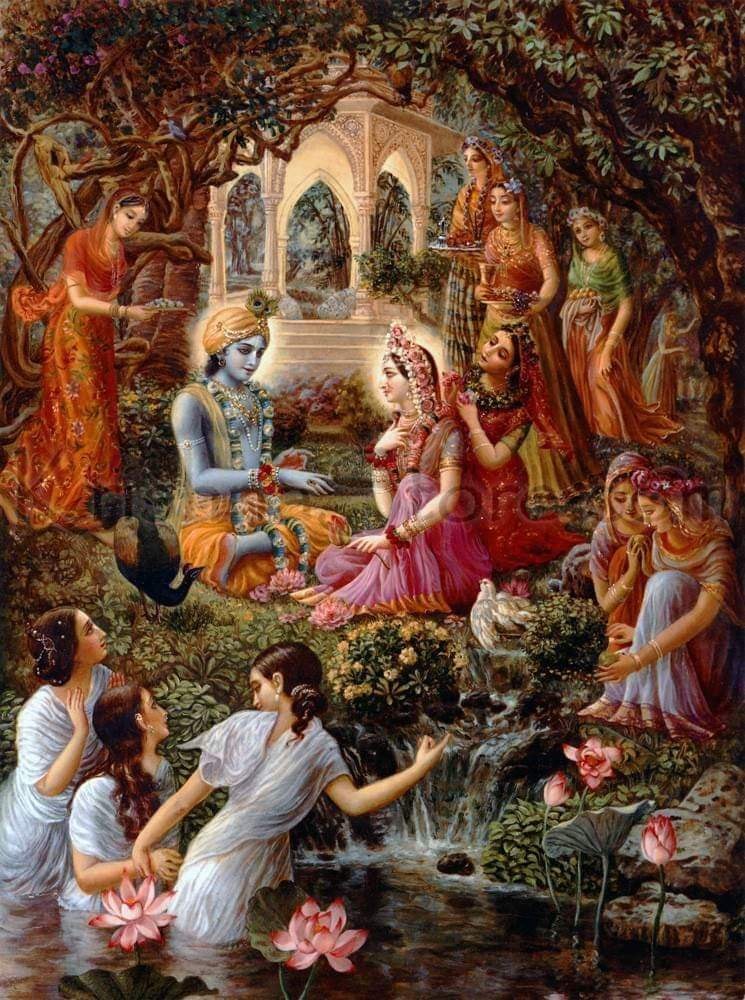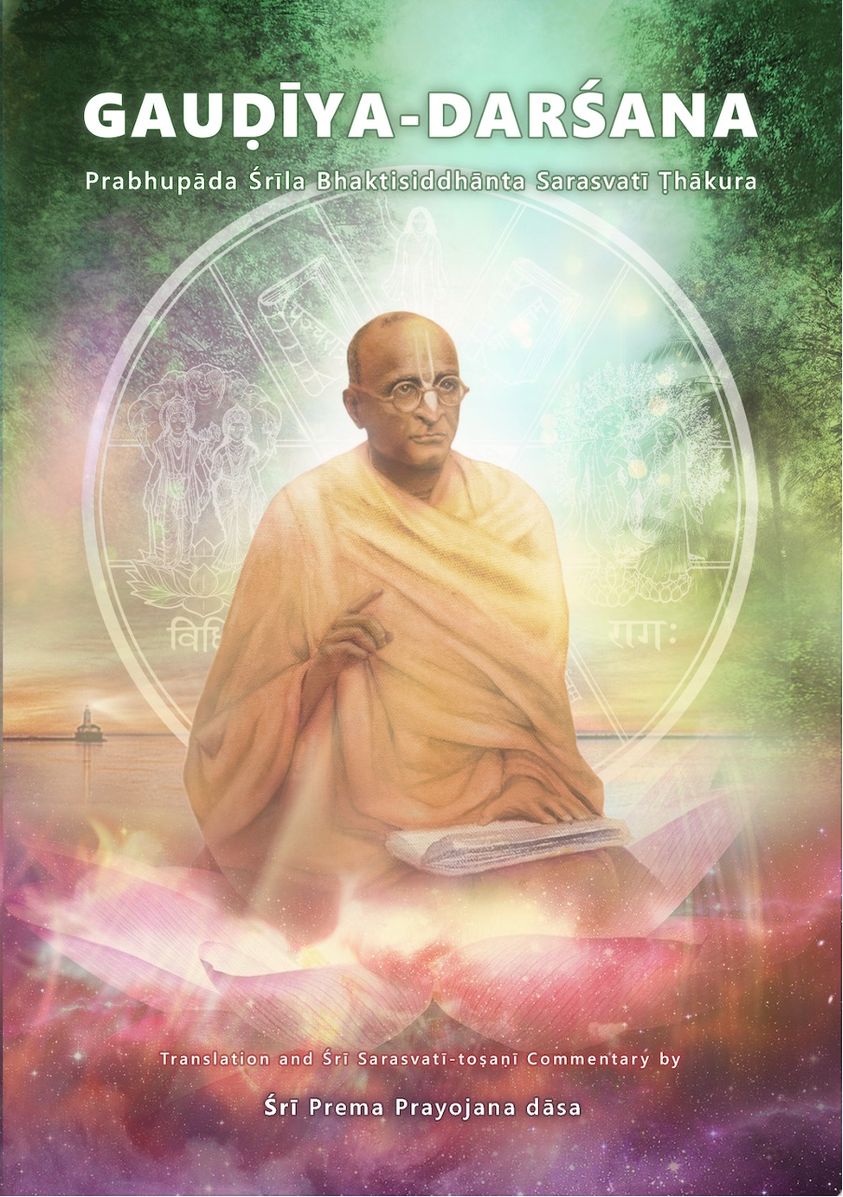The Best Yogi
The Best Yogi
This illumination, comes from Srila Bhaktivedanta Narayana Maharajas Bhagavad Gita Chapter 6 Texts 32-33

Srila Bhaktivedanta Narayana Maharaja
SLOKA 32
O Arjuna, he who, through self-realisation, sees all jivas as equal to himself, and who considers their pleasure and pain to be his own, is the best yogi. That is My opinion.
PURPORT BY SRILA VISVANATHA CAKRAVARTI THAKURA
It has been said that in sadhana-avastha, yogis are equally disposed towards all beings. Here, this sloka beginning with atmaupamyena specifically describes the primary characteristic of their equanimity. Those equipoised yogis appreciate that just as they themselves like happiness and dislike pain, others similarly experience happiness and pain. They therefore have equal vision everywhere and are the ever well-wishers of everyone. .Such yogis are the topmost. This is My opinion..
PURPORT BY SRILA BHAKTIVEDANTA NARAYANA MAHARAJA
Even during sadhana-avastha, yogis are endowed with equanimity. Srila Bhaktivinoda Thakura quotes Krishna as saying, .I am explaining how a yogi behaves. Only he who has equal vision towards everyone is considered to be the topmost yogi. The word sama-drishti (equal vision) means that in his dealings with others the yogi sees all jivas to be like himself, and considers the happiness and pain of other jivas as his own. Therefore, he is always the well-wisher of all jivas, and acts accordingly for their eternal benefit. This is called sama-darsana..

Radha and Krsna on a swing
SLOKA 33
Arjuna said: O Madhusudana, the yoga described by You that is based on equanimity towards everyone, everywhere, seems to be impermanent, due to the restless nature of my mind.
PURPORT BY SRILA VISVANATHA CAKRAVARTI THAKURA
Thinking that the equipoised symptoms described by Sri Bhagavan are difficult to attain, Arjuna speaks this sloka beginning with the words yo .yam. .This yoga depends on being equipoised in all situations, and I do not see how one can achieve success in it, because its practice cannot be maintained at all times. Because of the flickering nature of the mind, such practice can last only for two or three days. Additionally, You have explained equanimity by saying that one should see the happiness and misery of all people of the world as one.s own. This vision may be possible toward those who are one.s relatives or those who are neutral, but such an attitude is impossible to maintain towards one.s enemies or those who are envious and critical. I cannot see how the happiness and pain of myself, Yudhishthira and Duryodhana are in reality equal. Although by proper deliberation, one can have equal vision of the jivatma, Paramatma, the life air and senses of the self, one.s enemies and all embodied jivas, this vision is difficult to maintain for more than two or three days because the very powerful and flickering mind cannot be restrained merely by discrimination. Rather, it is seen that the mind that is attached to sense enjoyment will ultimately overpower one.s discrimination..











